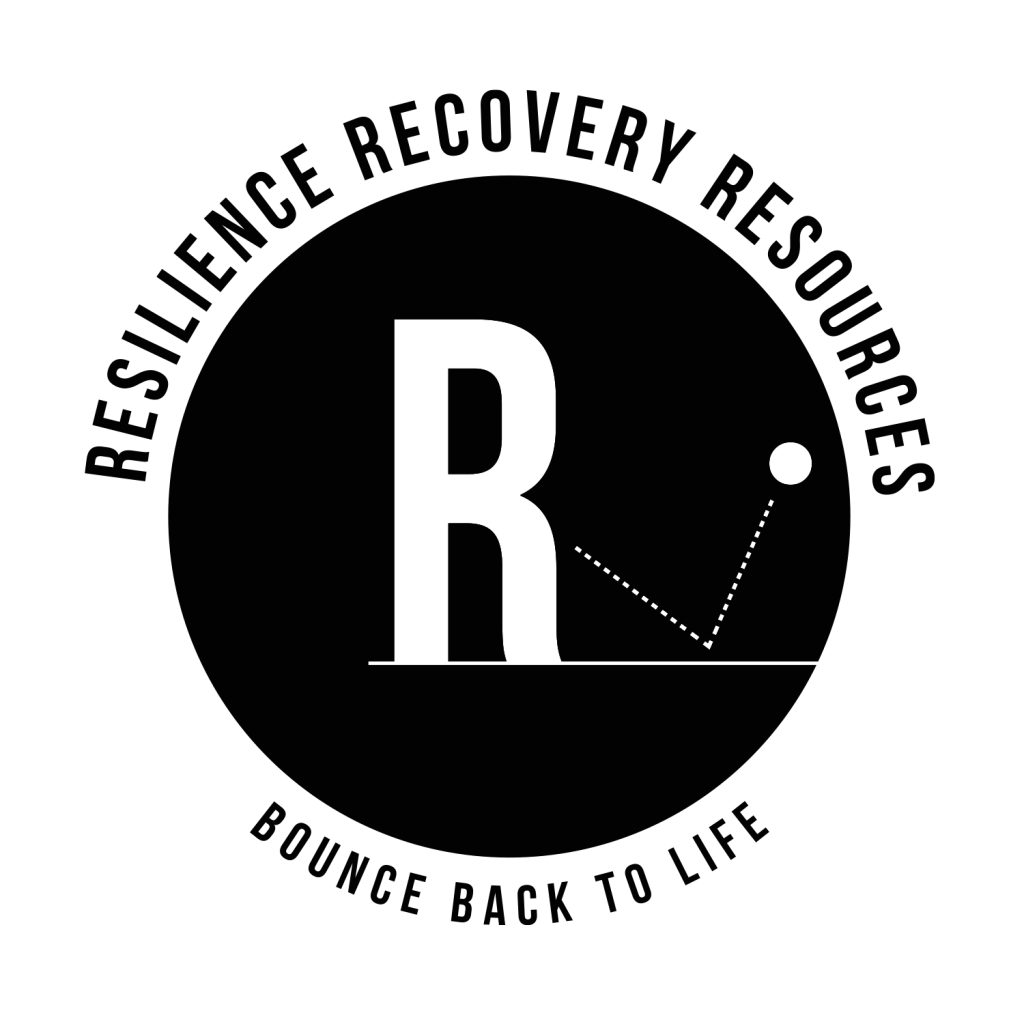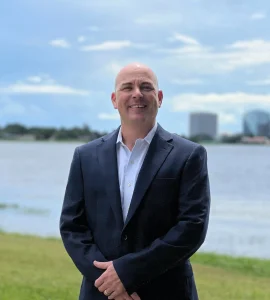Every October 10th, people around the world come together to observe World Mental Health Day—a global movement dedicated to raising awareness about mental health issues and mobilizing efforts to support mental wellness for all. Recent themes have focused on critical issues like “Access to Services: Mental Health in Catastrophes and Emergencies,” highlighting a vital reality: one in five people affected by emergencies and crises experience a mental health condition, yet access to care remains limited, especially for vulnerable populations.
At Resilience Recovery Resources, this day holds special significance. As a specialized treatment facility serving adolescent and young adult males in West Palm Beach, we understand the unique challenges young men face when seeking mental health support—and why creating accessible, male-affirming care is more important than ever.
Understanding the Mental Health Crisis Among Young Males
The statistics paint a sobering picture. Approximately one in seven adolescents aged 10-19 experiences a mental health condition, yet these conditions remain largely unrecognized and untreated. For young males specifically, the situation is particularly concerning. Research shows that adolescent and young adult men demonstrate elevated rates of suicide, conduct disorder, substance use, and interpersonal violence compared to their female peers.
Young adult males aged 18-25 face the highest prevalence of serious mental illness (11.6%) compared to other age groups, according to the National Institute of Mental Health. Despite these alarming rates, males with serious mental illness are significantly less likely to receive treatment (59.3%) compared to females (71.4%). This treatment gap represents a critical failure in our mental health system—one that requires immediate attention and specialized intervention.
Why Young Men Don’t Seek Help: Dismantling the Barriers
Understanding why young men struggle to access mental health care is the first step toward creating meaningful change. The barriers are complex, interconnected, and deeply rooted in both societal expectations and systemic challenges:
Cultural Masculinity and Stigma
Traditional masculine norms often discourage emotional vulnerability and help-seeking behavior. Many young men internalize messages that seeking help is a sign of weakness, leading to self-stigma and shame that prevent them from reaching out when they’re struggling. Research demonstrates that boys begin to disconnect from healthcare services during adolescence, marking the beginning of a pattern of healthcare disengagement that can persist into adulthood.
Different Symptom Presentation
Mental health conditions often manifest differently in males than in females. While depression in young women might present as sadness and tearfulness, young men may exhibit irritability, anger, aggression, or increased risk-taking behavior. This difference in presentation can lead to misdiagnosis or complete dismissal of underlying mental health struggles.
Service Accessibility and Acceptability
Many mental health services are not designed with young males in mind. Traditional therapeutic approaches may not resonate with adolescent and young adult men, who may require more action-oriented, strengths-based interventions that align with their developmental needs and cultural expectations.
The Impact of Untreated Mental Health Conditions
The consequences of failing to address mental health conditions in young males extend far beyond the individual. Untreated anxiety, depression, and trauma can impair both physical and mental health, limit opportunities for fulfilling lives, and contribute to broader societal challenges.
Suicide remains the third leading cause of death among older adolescents and young adults aged 15-29. Half of all lifetime mental illness begins by age 14, and 75% by age 24—underscoring the critical importance of early intervention during the adolescent and young adult years. When co-occurring disorders involving both mental health and substance use issues go untreated, the risk of long-term negative outcomes increases exponentially.
How Resilience Recovery Resources Addresses Male-Specific Mental Health Needs
At Resilience Recovery Resources, we’ve designed our programs specifically to address the unique needs of adolescent and young adult males. Our approach recognizes that effective treatment must go beyond generic interventions to create an environment where young men feel understood, respected, and empowered to pursue recovery.
Age-Appropriate, Male-Focused Treatment Tracks
We offer two distinct treatment tracks: one for adolescents (ages 14-17) and another for young adults (ages 18-28). This separation ensures that programming, therapeutic interventions, and peer support are developmentally appropriate and relevant to each age group’s specific challenges and life circumstances.
Comprehensive Levels of Care
Our Partial Hospitalization Program (PHP) and Intensive Outpatient Program (IOP) provide structured support while allowing clients to maintain important connections to school, work, or family. For those who need additional stability during recovery, our sober living environment offers a supportive community where young men can practice recovery skills in a real-world setting.
Evidence-Based, Trauma-Informed Approaches
We utilize evidence-based therapies including Cognitive Behavioral Therapy (CBT), which has been shown to effectively address both mental health disorders and substance abuse issues. Our trauma-informed care recognizes the impact of adverse experiences on mental health and creates a safe environment for healing without re-traumatization.
Addressing the Whole Person
Mental health doesn’t exist in isolation. Our comprehensive approach addresses the physical, psychological, social, and spiritual dimensions of recovery. We recognize that young men need more than just symptom management—they need skills, support systems, and a renewed sense of purpose and identity.
Taking Action on World Mental Health Day and Beyond
World Mental Health Day serves as a powerful reminder that mental health is essential to overall health and wellbeing. But awareness alone isn’t enough—we must translate that awareness into action, advocacy, and accessible care.
For Parents and Caregivers:
If you’re concerned about a young man in your life, trust your instincts. Changes in behavior, mood, academic performance, sleep patterns, or social connections can all signal underlying mental health struggles. Don’t wait for a crisis—early intervention significantly improves outcomes. Reach out to mental health professionals who specialize in adolescent and young adult males.
For Young Men:
Seeking help is not a sign of weakness—it’s a sign of strength and self-awareness. If you’re struggling with persistent feelings of sadness, anxiety, anger, or hopelessness, or if you’re using substances to cope with difficult emotions, professional support can make a profound difference. Recovery is possible, and you don’t have to face these challenges alone.
For Communities:
We must work together to dismantle the stigma surrounding male mental health. This means having open conversations about mental health, challenging traditional masculine norms that discourage help-seeking, and ensuring that mental health services are accessible, affordable, and designed to meet the specific needs of adolescent and young adult males.
Creating a Path Forward
The World Health Organization emphasizes that there is no health without mental health. This statement is particularly relevant for adolescent and young adult males, who face unique challenges in accessing and engaging with mental health services. By creating specialized, male-affirming treatment programs, addressing cultural barriers, and providing comprehensive, evidence-based care, we can begin to close the treatment gap and ensure that young men receive the support they need to thrive.
At Resilience Recovery Resources, we’re committed to being part of the solution. Our specialized programs for adolescent and young adult males in West Palm Beach represent a proactive approach to addressing the mental health crisis affecting this population. We believe that every young man deserves access to quality mental health care that recognizes his unique needs, strengths, and potential.
Resources for Support
If you or someone you love is struggling with mental health or substance use issues, help is available.
For more information about our specialized treatment programs for adolescent and young adult males, contact Resilience Recovery Resources at 561-566-5480. Our team is here to answer your questions and help you take the first step toward recovery.
Sources:
- World Health Organization. World Mental Health Day. https://www.who.int/campaigns/world-mental-health-day
- National Institute of Mental Health. Mental Illness Statistics. https://www.nimh.nih.gov/health/statistics/mental-illness
- World Health Organization. Mental Health of Adolescents. https://www.who.int/news-room/fact-sheets/detail/adolescent-mental-health
- Centers for Disease Control and Prevention. Data and Statistics on Children’s Mental Health. https://www.cdc.gov/children-mental-health/data-research/index.html
- Rice, S. M., Purcell, R., & McGorry, P. D. (2018). Adolescent and Young Adult Male Mental Health: Transforming System Failures Into Proactive Models of Engagement. Journal of Adolescent Health, 62(3S), S9-S17. https://pubmed.ncbi.nlm.nih.gov/29455724/
- National Alliance on Mental Illness. Mental Health By the Numbers. https://www.nami.org/about-mental-illness/mental-health-by-the-numbers/
- U.S. Department of Health and Human Services, Office of Population Affairs. Mental Health for Adolescents. https://opa.hhs.gov/adolescent-health/mental-health-adolescents




